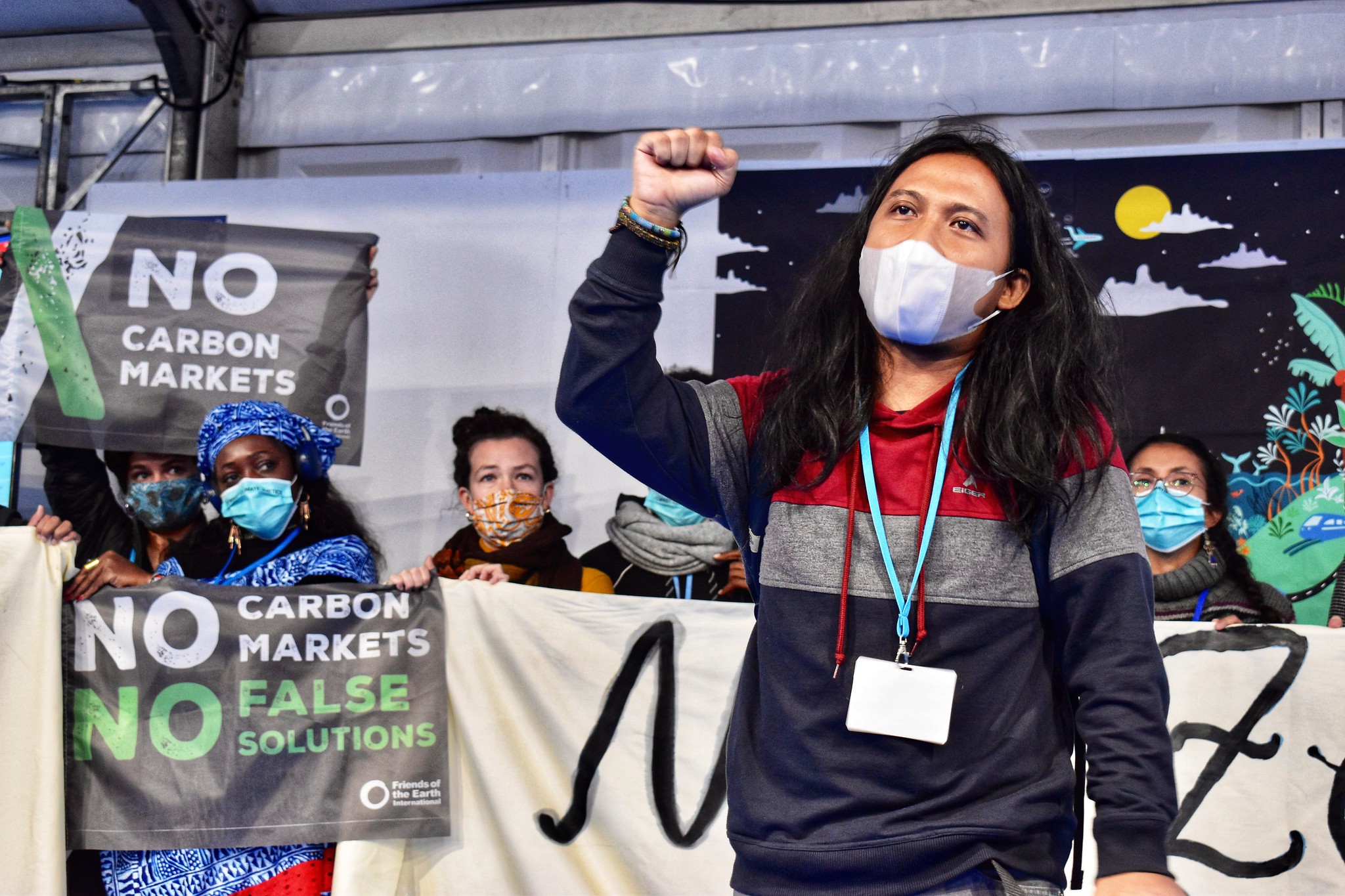
GM Free Scotland – Open Letter
In view of the UK Food Minister’s pronouncements on GM today (‘Food minister Owen Paterson backs GM crops’) we publish this open letter to the new Environment Minister Paul Wheelhouse and to James Withers, Scotland Food and Drink’s CEO urging them to re-articulate the Scottish Government’s opposition to GM foods.
While the UK government may have decided to ignore overwhelming public opinion over many years on this issue, it’s worth reminding the media, the politicians and the people that agriculture and food here in Scotland is a devolved matter and that the Scottish Government has quite a different policy on GM: ‘The Scottish Government is opposed to the cultivation of GM crops. The cultivation of GM crops could damage Scotland’s rich environment and would threaten our reputation for producing high quality and natural foods. It would damage Scotland’s image as a land of food and drink.’
This policy must be defended, promoted and articulated.
GM is a failed technology, in fact genetic engineering has failed to increase the yield of any food crop but has vastly increased the use of chemicals and the growth of “superweeds” see ‘A Global Citizens Report on GMO’s’ (2011)
GM is no answer to food security, the Scottish Government needs to embrace the principles of food sovereignty as outlined last year.
The UK Government’s pronouncement on GM risk further capture of the food culture to corporate control at just the time when we need to be encouraging smaller producers and community food initiatives.
The idea that GM is an answer to climate change has been widely debunked. Last year Friends of the Earth Europe published a report ‘Who Benefits from GM Crops’, which examined the evidence for these claims, and exposed that genetically modified (GM) crops could actually increase carbon emissions while failing to feed the world. GM crops are responsible for huge increases in the use of pesticides in the US and South America, intensifying fossil fuel use. The cultivation of GM soy to feed factory farmed animals is also contributing to widespread deforestation in South America, causing massive climate emissions. The report exposes that globally GM crops remain confined to less than 3% of agricultural land and more than 99% are grown for animal feed and agrofuels, rather than food. There is still not a single commercial GM crop with increased yield, drought-tolerance, salt-tolerance, enhanced nutrition or other beneficial traits long promised by biotech companies. Read the full report here.
We stand by the network of European countries opposed to GM, see GMO Free Europe here.
Despite being presented as a coming giant that is inevitable in fact GM crops are grown by a tiny 2.7% of small or medium scale farmers worldwide, at the most, and less than 1% of farmers globally (see details here).
The recent British Science Association survey showed that public concern has not changed, and the number of people saying that GM food “should be encouraged” dropped from 46% in 2002 to 27% in 2012. (see Soil Association comment here).
See recent report on trace levels of Roundup. Eating genetically modified corn (GM corn) and consuming trace levels of Monsanto’s Roundup chemical fertilizer caused rats to develop horrifying tumors, widespread organ damage, and premature death. That’s the conclusion of a shocking new study that looked at the long-term effects of consuming Monsanto’s genetically modified corn. Learn more here.
We the undersigned believe that GM has no role in a Scottish Food Policy (Recipe for Success) that is committed to: our reputation as a land of high quality food and drink; ensuring we make healthy and sustainable choices; making our public sector an exemplar for sustainable food procurement, all key aims of the Recipe for Success, Scotland’s Food and Drink Policy.
Laura Stewart, Director, Soil Association Scotland; Patrick Krause, Chief Executive, Scottish Crofting Federation ; Jo Hunt, farmer; Mike Small, Fife Diet; Rob Gibson MSP for Caithness, Sutherland and Ross ; Alison Johnstone MSP; Anthony Jackson, Munlochy GM Vigil; Clem Sandison, Glasgow Local Food Network; Eva Schonveld, Transition Scotland; Liz Murray, World Development Movement; Joanna Blythman, restaurant critic, author; Donald Reid, food writer ; Wendy Gudmundsson ; Mary Church, Friends of the Earth Scotland; Jane Gray, Let’s Live Local ; Pete Ritchie, Chair, Nourish Scotland; Slow Food Edinburgh; Greig Robertson, Edible Estates; Dirk Douglas, Earthy ; Sascha Grierson, organic farmer.
